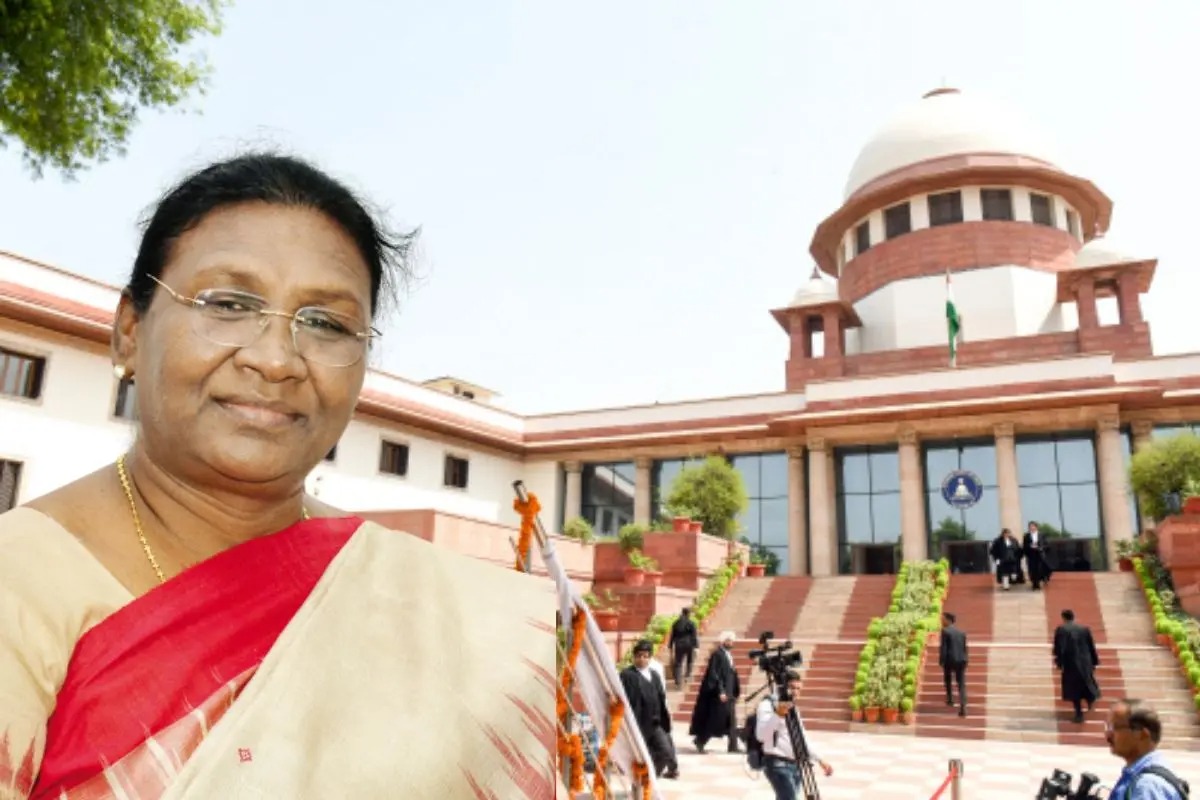 Image Source : Mathrubhumi English
Image Source : Mathrubhumi English
President Droupadi Murmu has invoked Article 143 of the Constitution to seek the Supreme Court’s advisory opinion on key constitutional questions regarding the powers of governors and the timelines for presidential assent on state bills. The move follows the Supreme Court’s April 8 ruling, which set a three-month deadline for the president to decide on bills referred by governors.
Key Constitutional Questions Raised
- The president has posed 14 questions to the Supreme Court, focusing on whether judicial orders can impose timelines on governors and the president when dealing with state legislation
- The reference challenges the concept of “deemed assent,” arguing that the Constitution does not prescribe specific deadlines for the exercise of these powers
- The Supreme Court’s April verdict had ruled that governors must act on bills within three months, prompting concerns over judicial overreach
Legal and Political Implications
- The reference has sparked debate on the separation of powers between the executive and judiciary, with concerns over whether courts can dictate timelines for constitutional functions
- The Supreme Court may choose to answer some or all of the questions raised, potentially setting new legal precedents
- The move is seen as an effort to clarify the constitutional framework governing state legislation and executive discretion
President Murmu’s decision to seek the Supreme Court’s opinion underscores the evolving dynamics between the judiciary and executive, with far-reaching implications for governance and federalism in India.
Sources: Hindustan Times, Firstpost, Rediff, DNA India, MSN News
Advertisement
Advertisement





